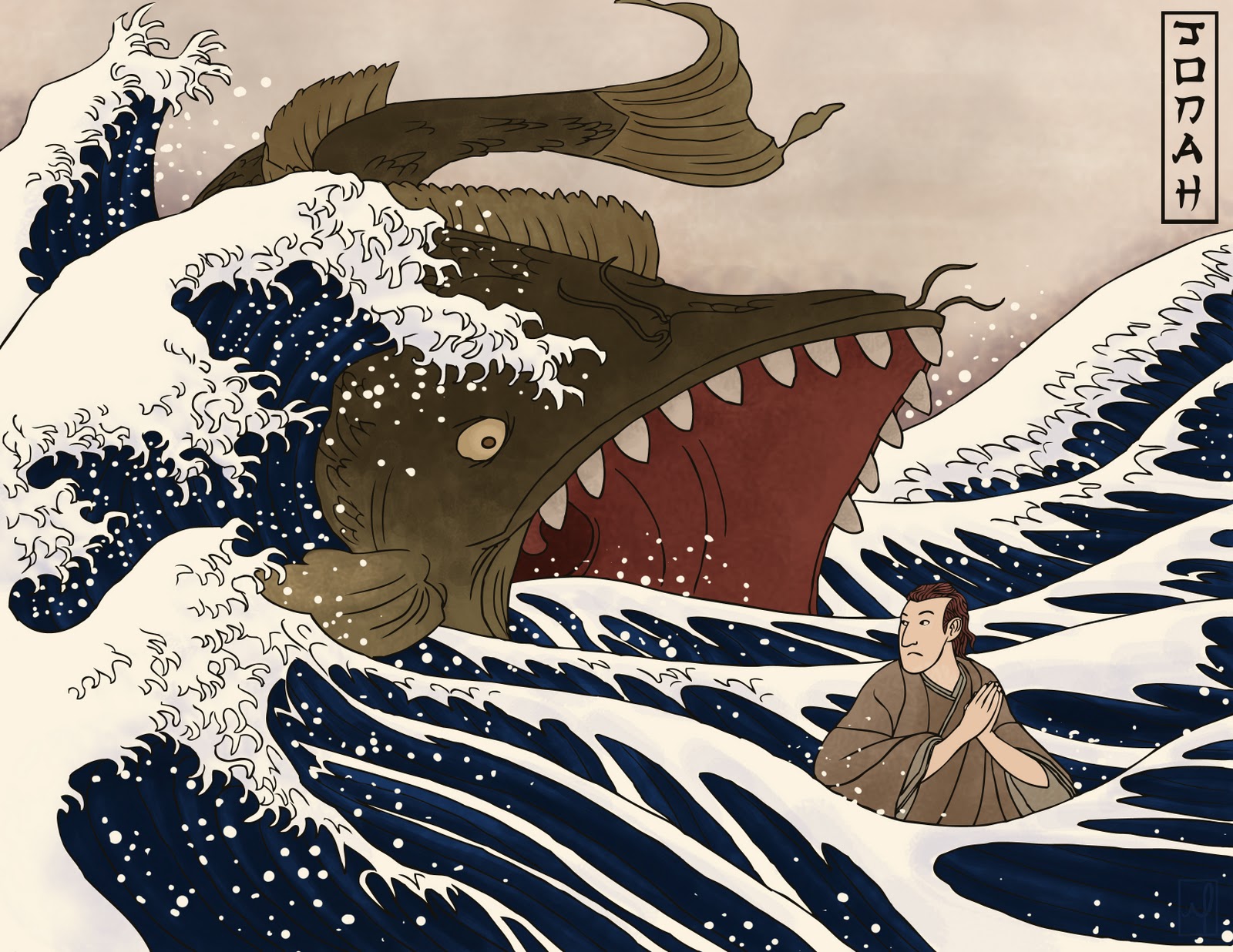In Fort Lauderdale police have charged a 90 year old man and two pastors for feeding the homeless on the street, in a public place. The Mayor and the other civic authorities defend this action as part of a more comprehensive way of caring for the homeless. You can read about it here. I don't doubt there are other perpectives, circumstances, and different ways of construing this story. But even on a generous reading of what Fort Lauderdale police and civic departments are playing at, I find it astonishing, disturbing, and in a serious way amusing, that a community can score asuch a spectacular own goal in the great game of public relations.
Forget public relations though. Something much more fundamental to human community is going opn here. The issue isn't feeding the hungry, it's doing it in public, on the streets, in communal space that belongs to no individual but to all the citizens, which presumably includes the poor and hungry. The laws and bye laws are to remove the visible presence of the hungry and poor from the street. A law compelling well run and long esatablished charities to feed the hungry indoors, or on private land, smells of something deeply unappetising.
What is it that so embarrasses a Town Hall, Mayor, Civic Development Committee and Police Department that the hungry have to be rendered invisible; that the simple human act of sharing food is criminalised; that compassion and charity have to be regulated to the dictates of the never hungry? Yes the hungry being fed, and the poor being provided for is inconvenient, socially embarrassing, not good for the good name of the town, something that shouldn't happen. And now it has gone viral, which I do hope intensifies the social embarrassment and moral discomfiture of the small minds that thought all this up.
Notice the upper case spelling of the underlined descriptors. To balance that, let's talk about those other upper case important institutions,the Hungry, the Poor, and the Food Charities, especially the one in the firing line here, Love Thy Neighbour. Just as fundamental in this tussle over who can feed whom, and where, is a collision of world views, a conflict of ethical priorities, and a confusion of social responsibilities. No one is saying the civic authorities are inhumane, but they are far from sensible of the place food and the sharing of food has in the human story. No one is saying that thre should be no regulation of issues such as hygiene, public safety, and commonsense consideration for others; but the Poor and the Hungry are just as entitled to these benefits.
I do hope Arnold Abbott has his day in court, and wins. Oh, and by the way, Jesus would have been arrested in Fort Lauderdale for what he did with five loaves and two fishes. Come to think of it,didn't he also say something about "Woe to you who are well fed now, for you will go hungry."

